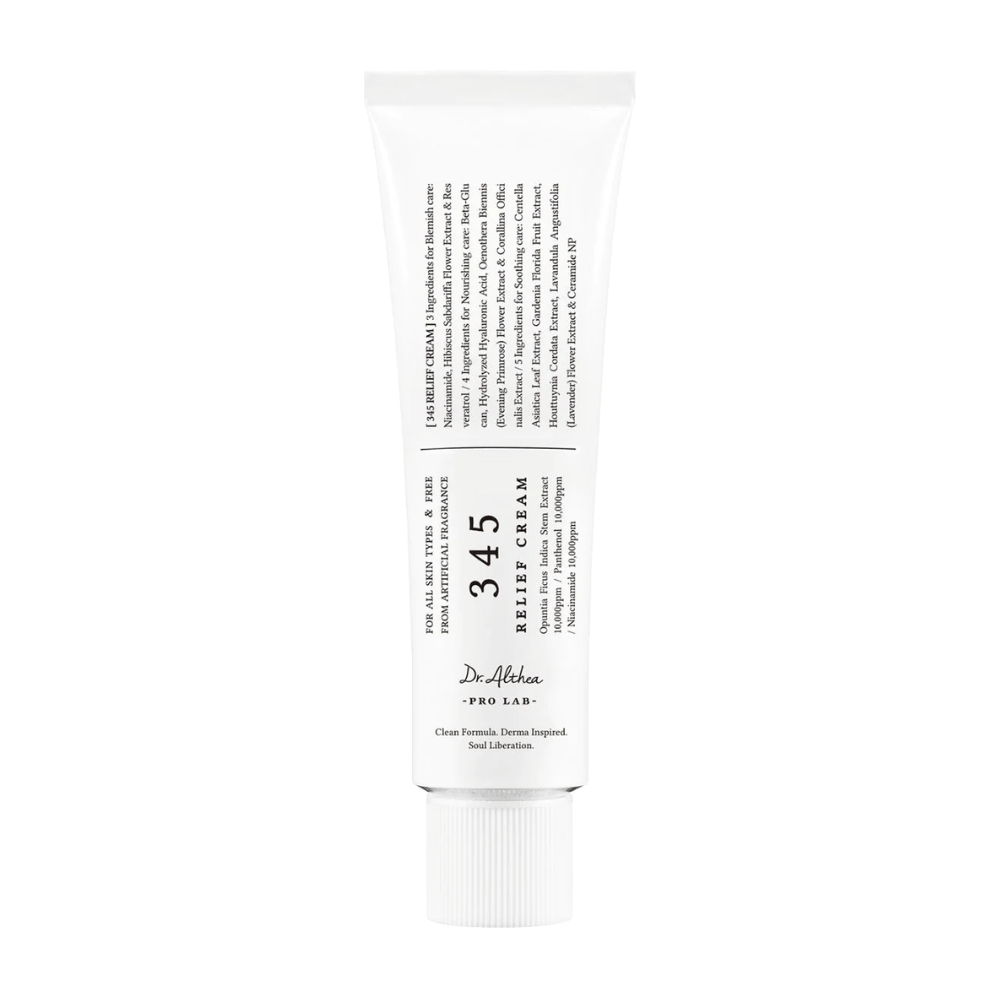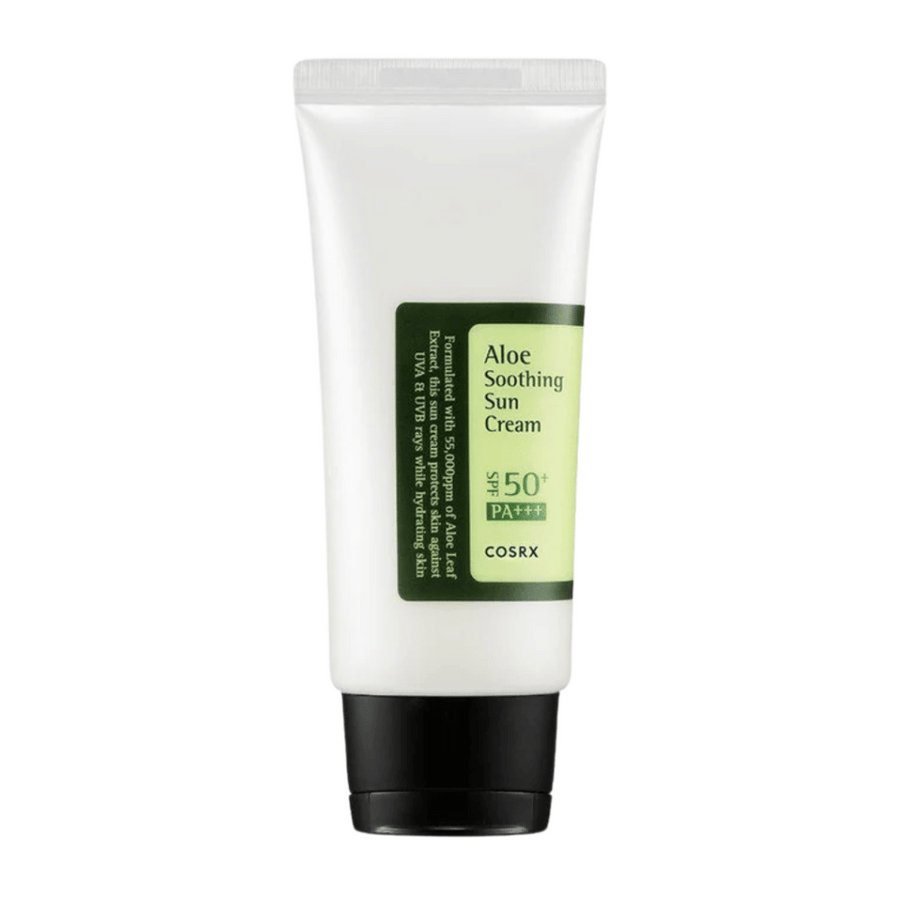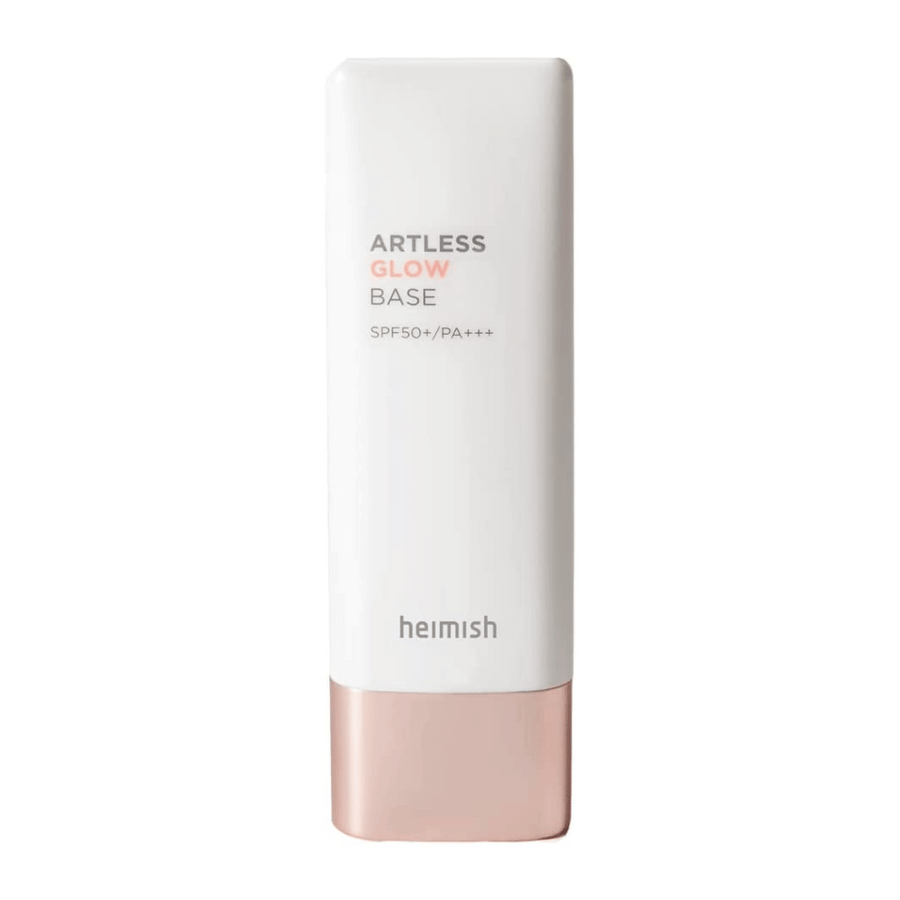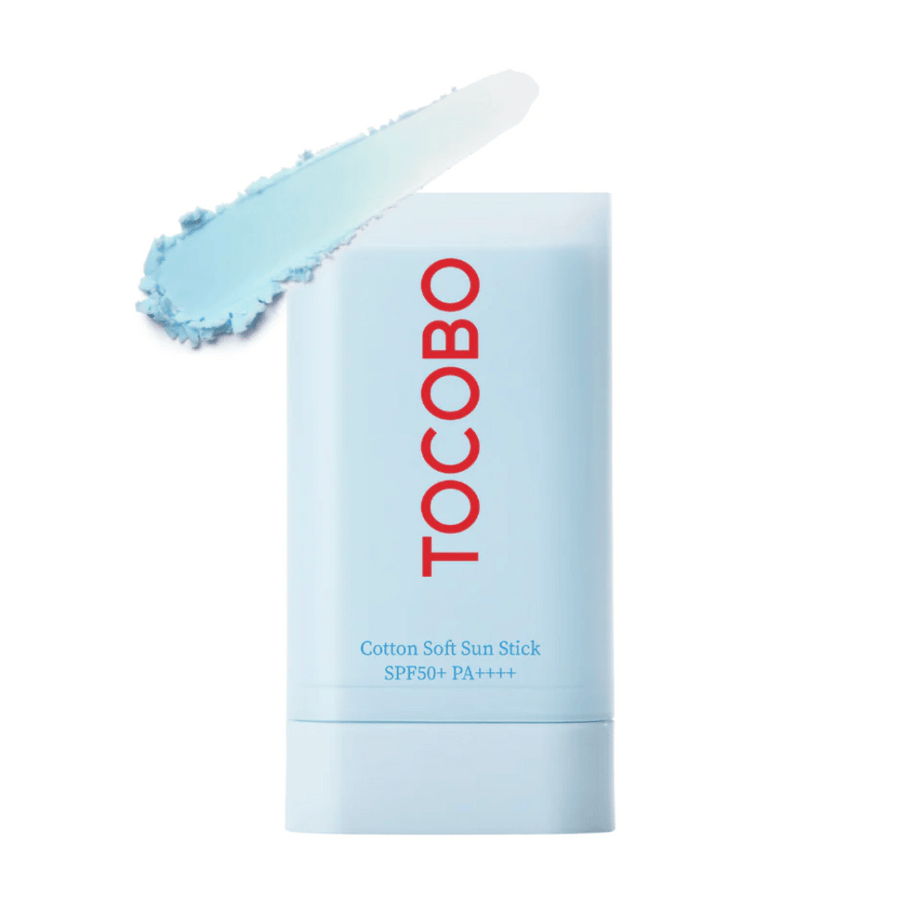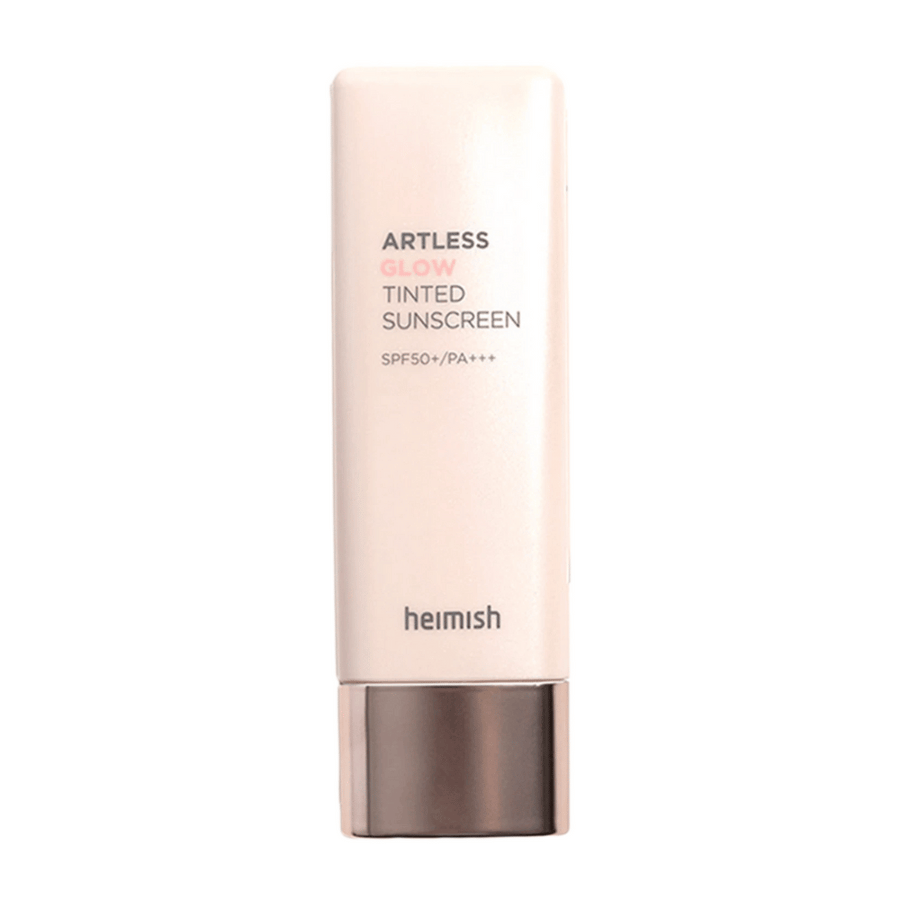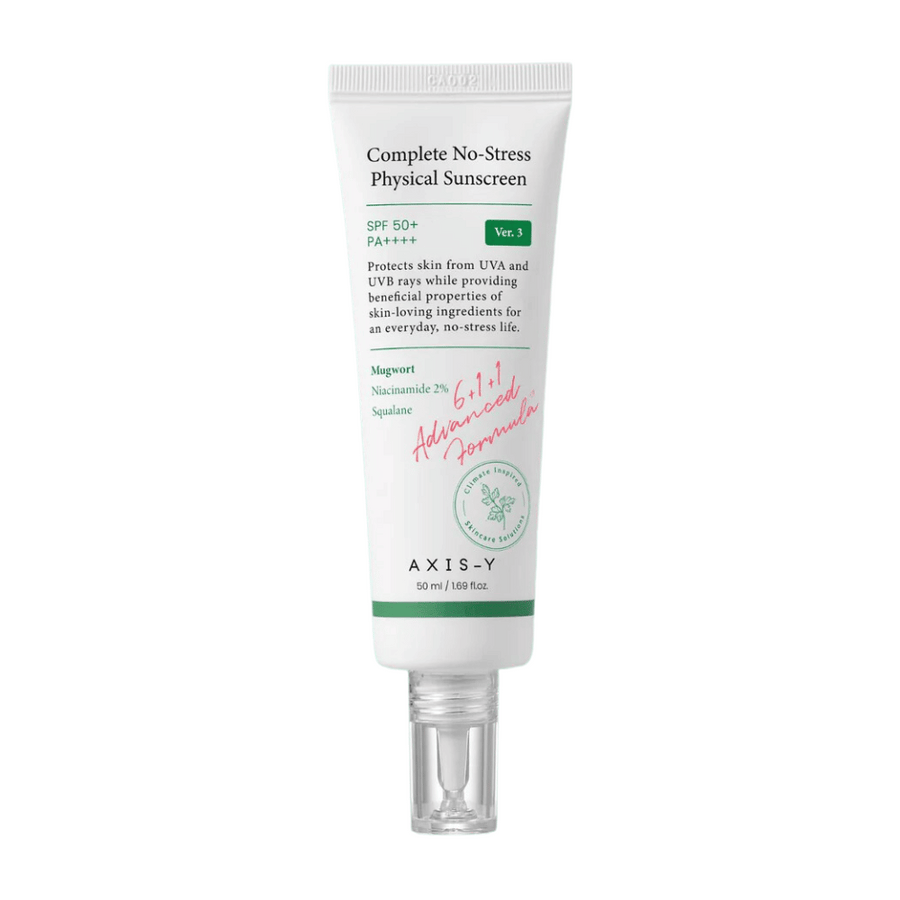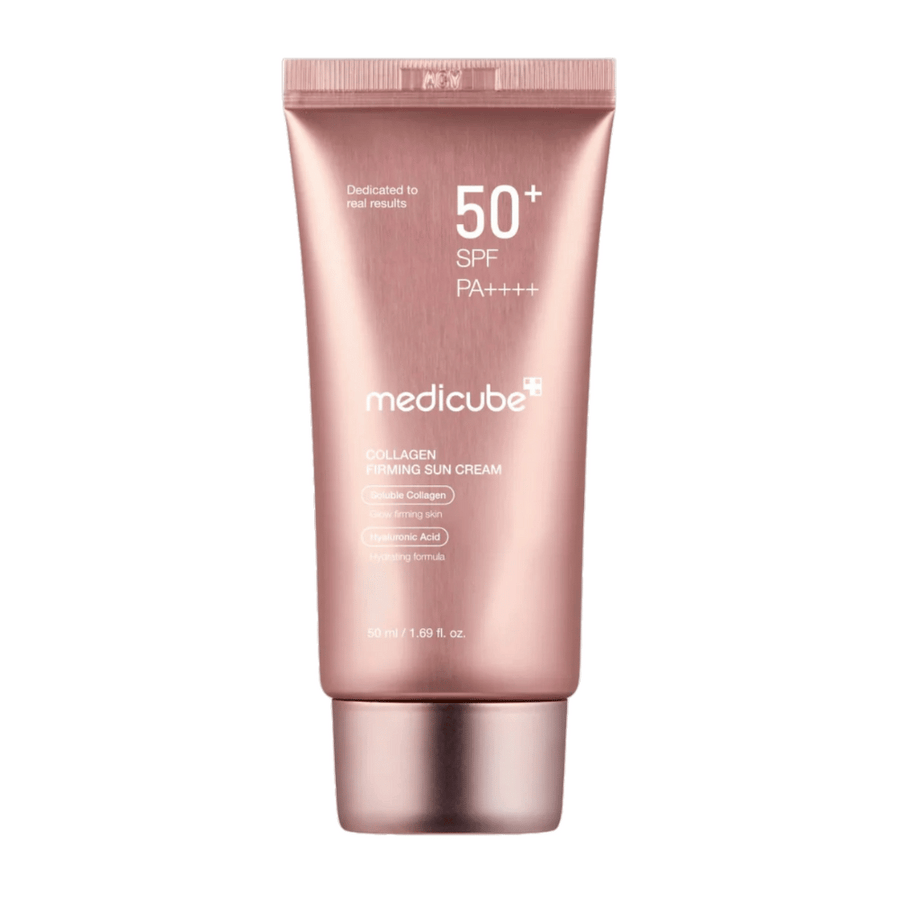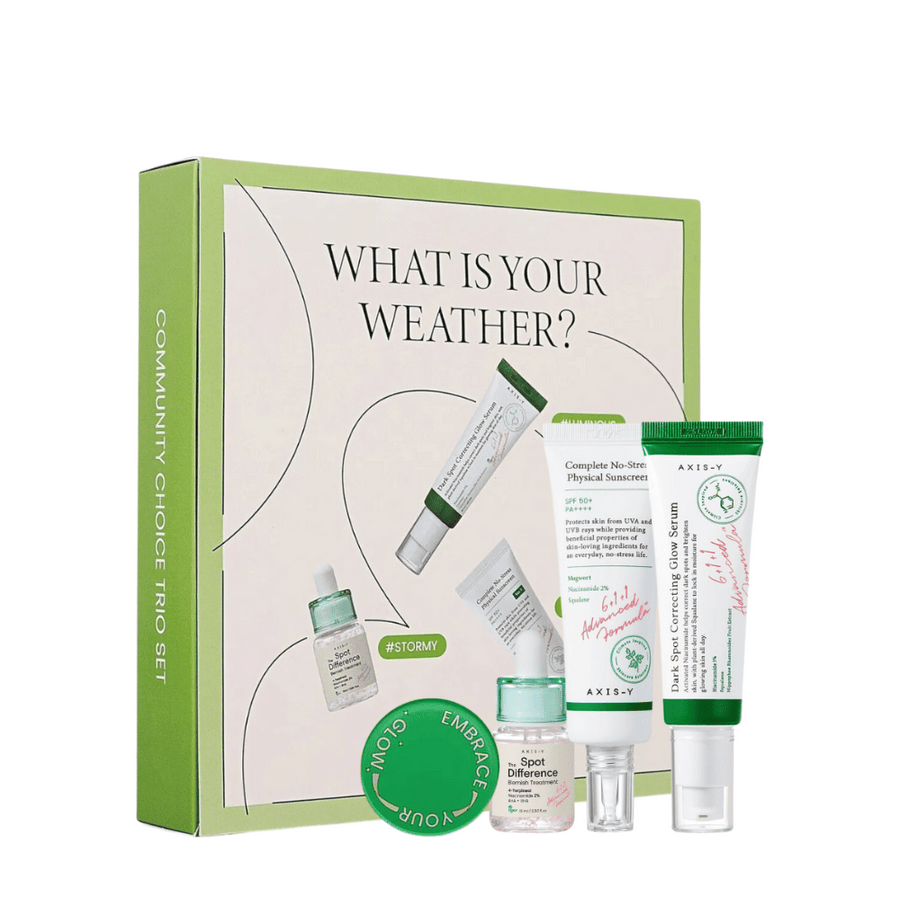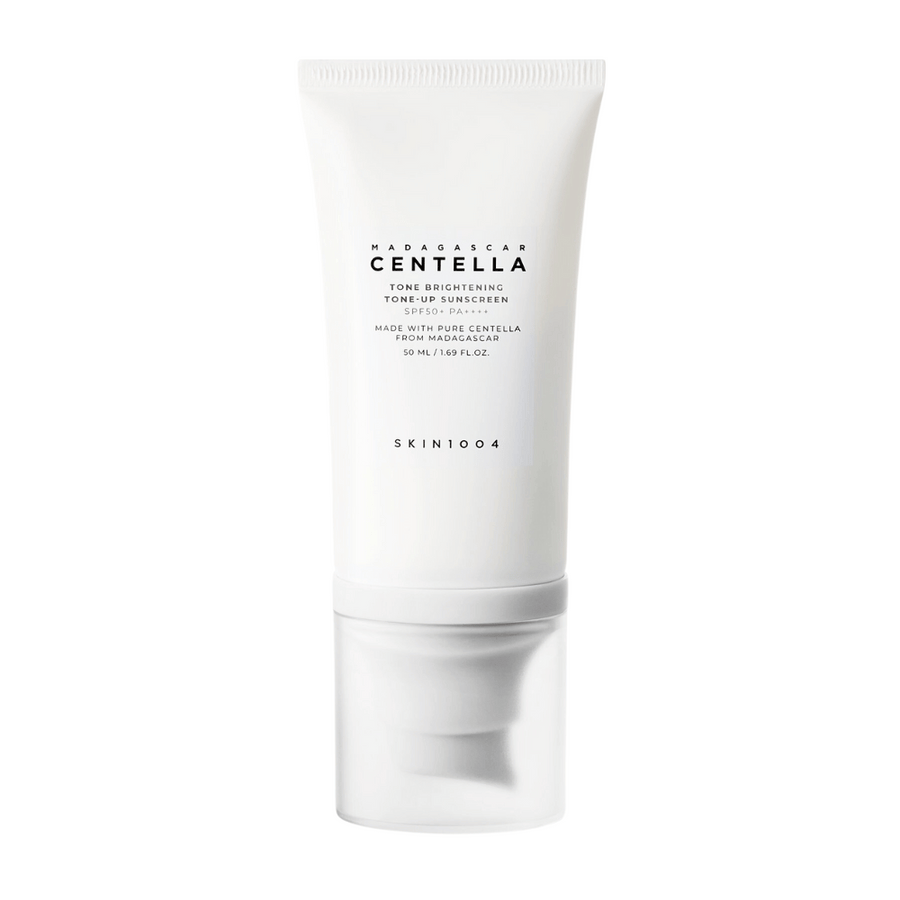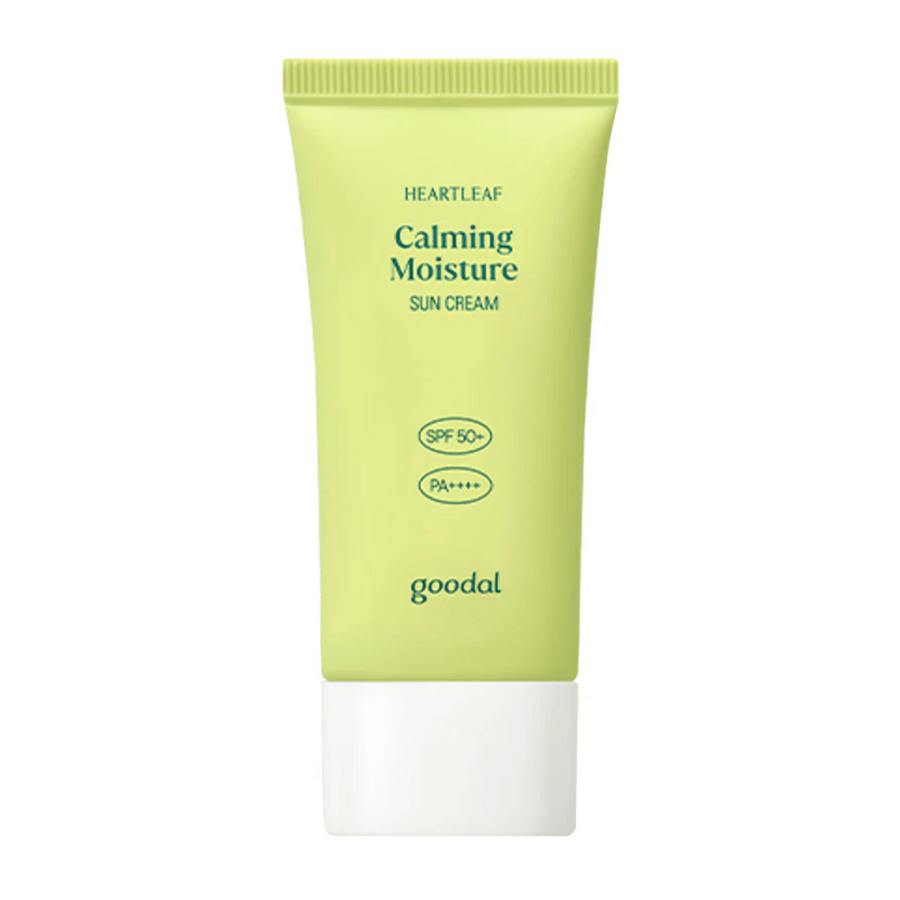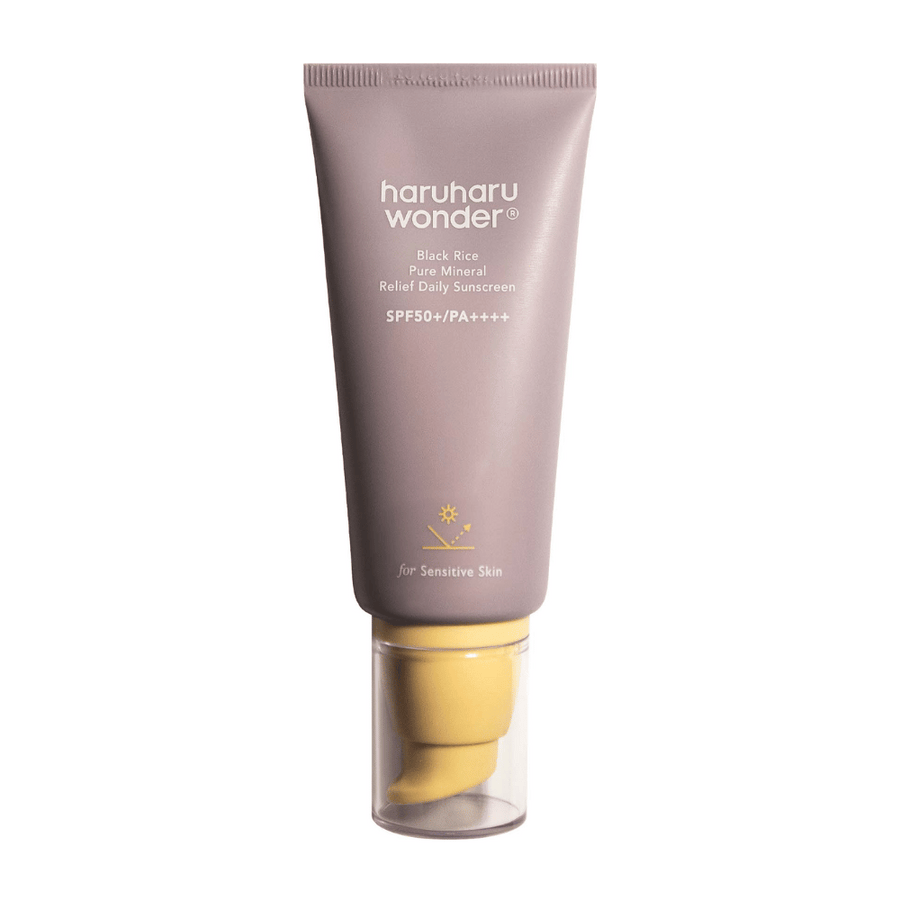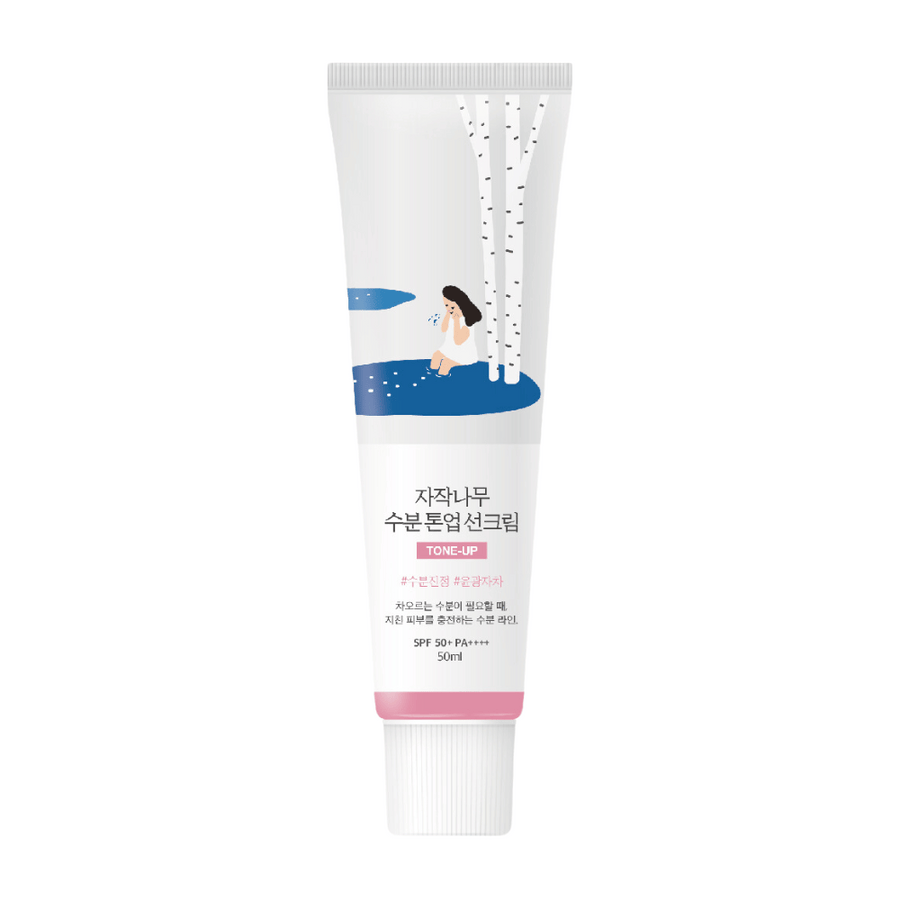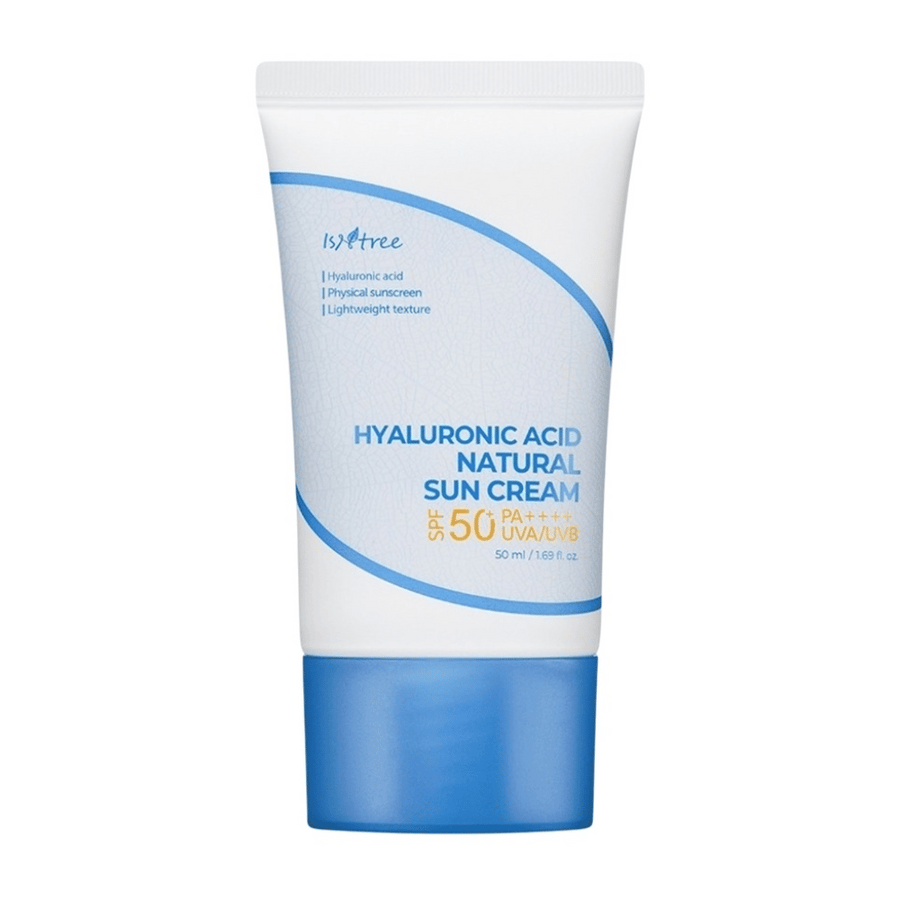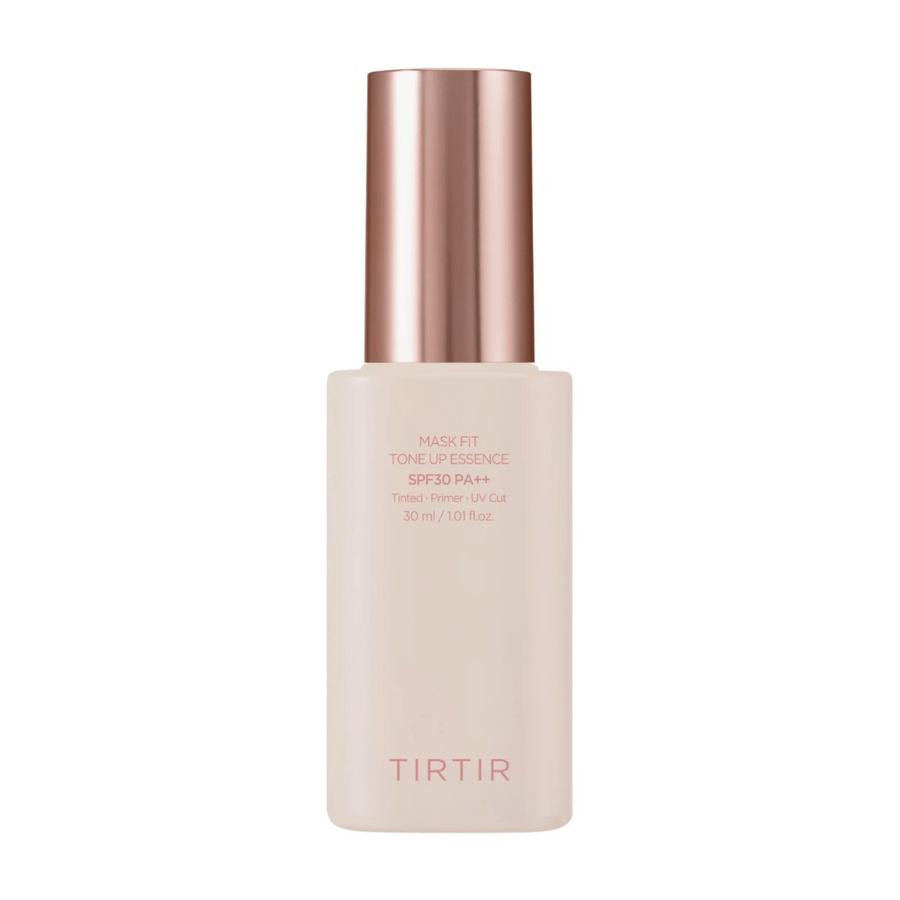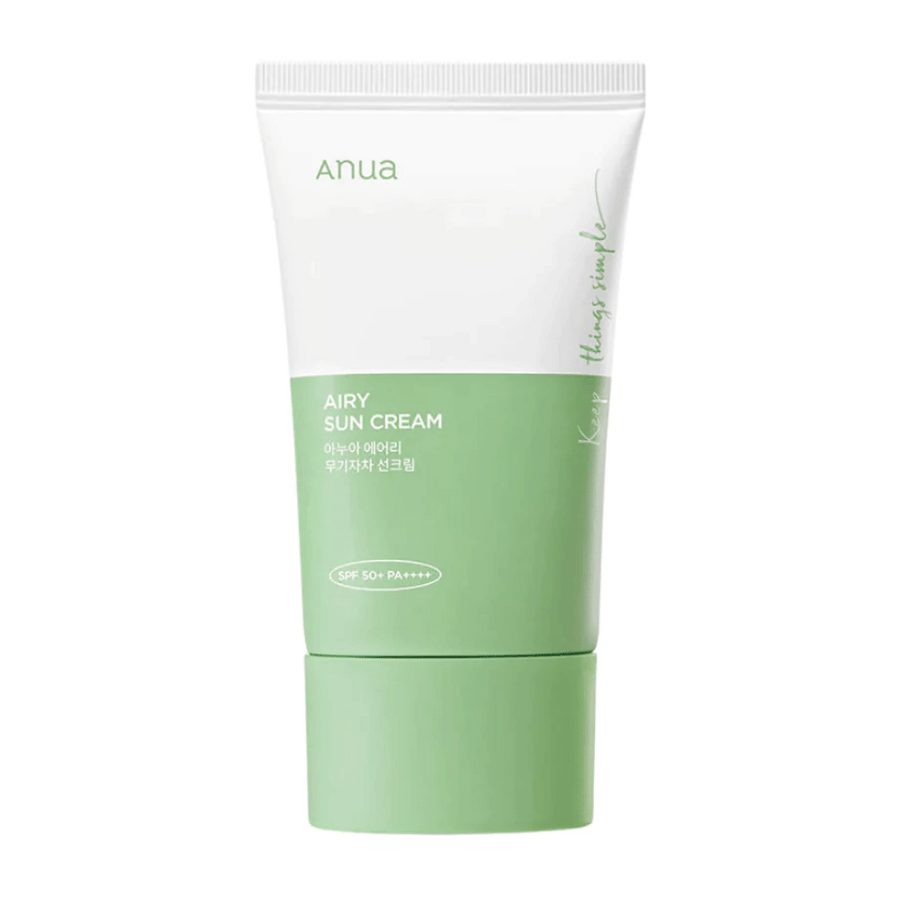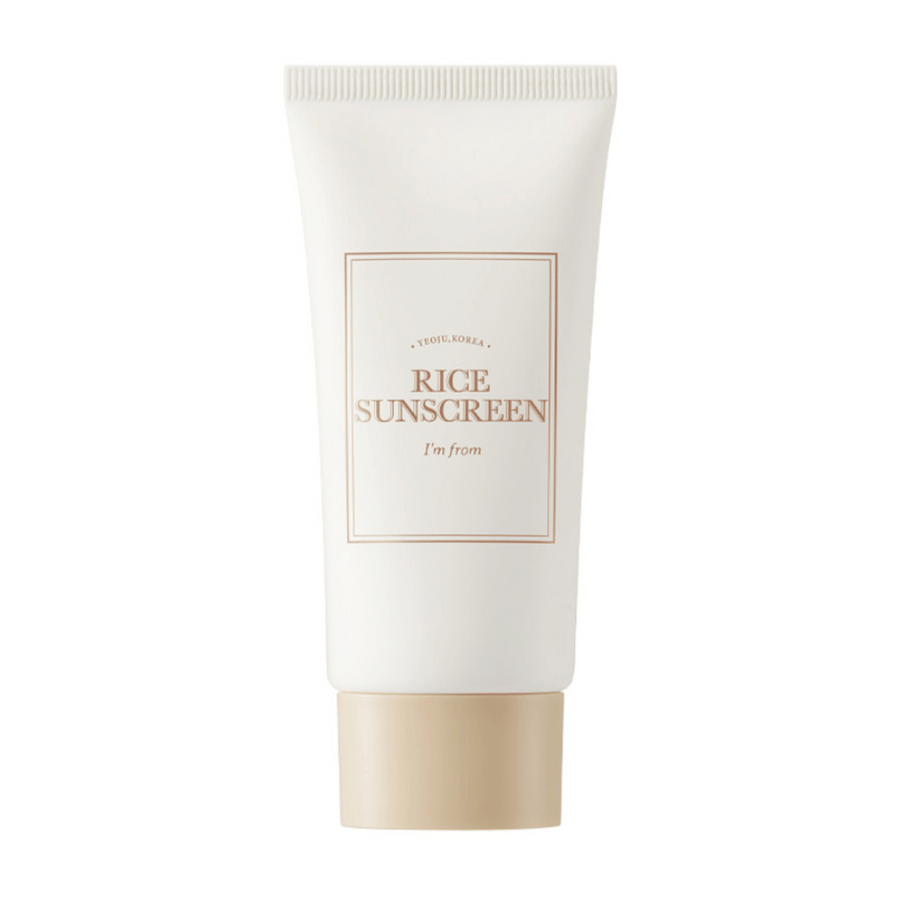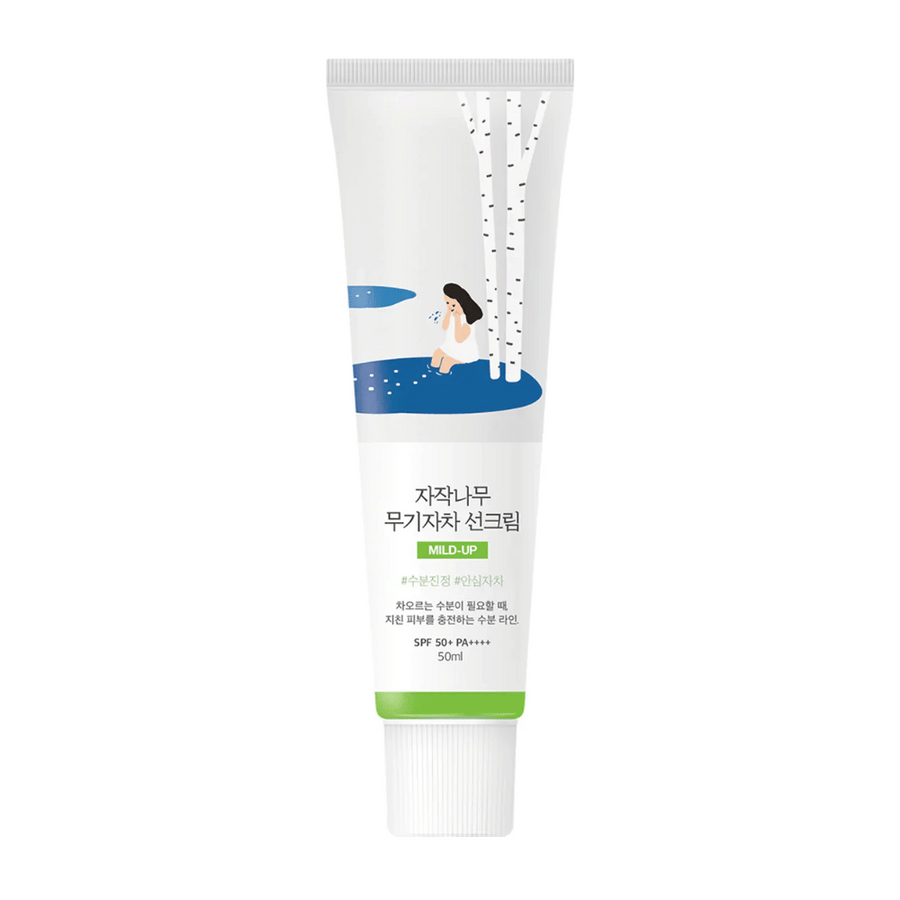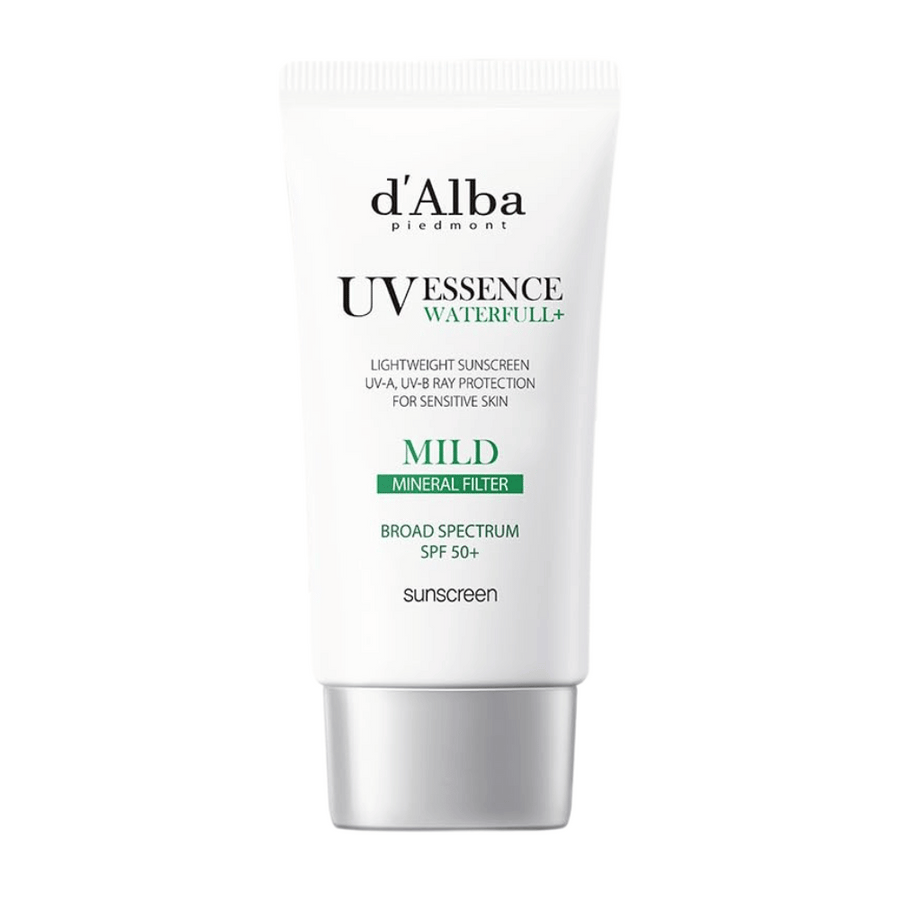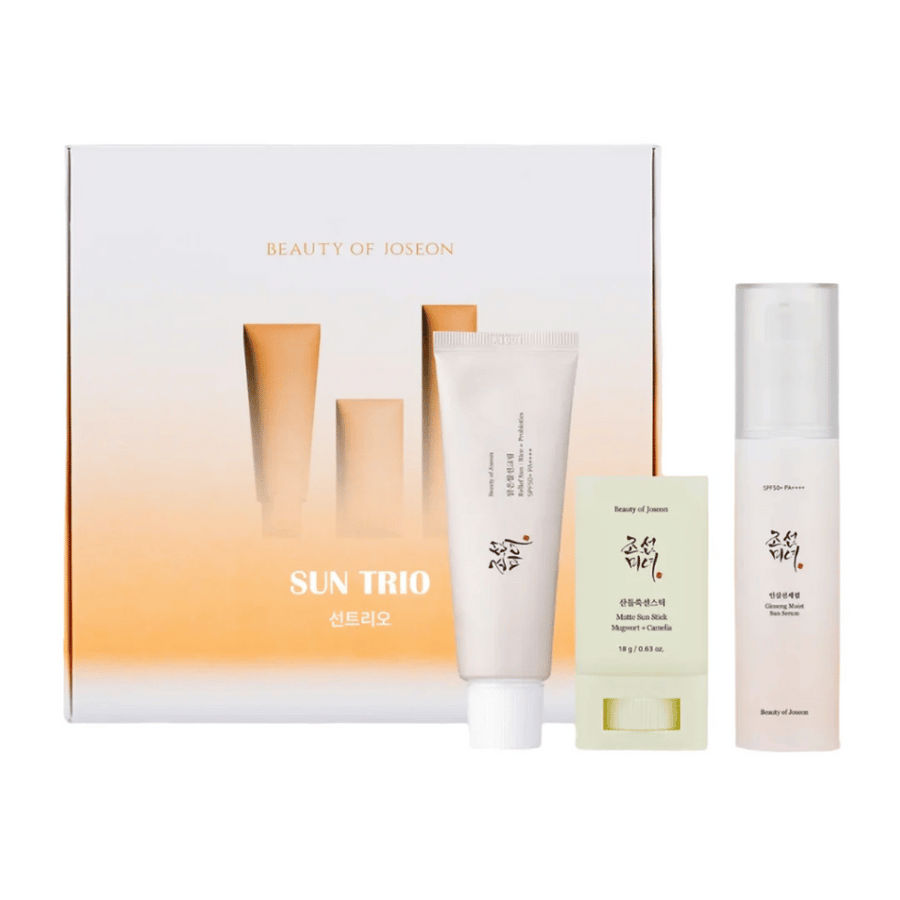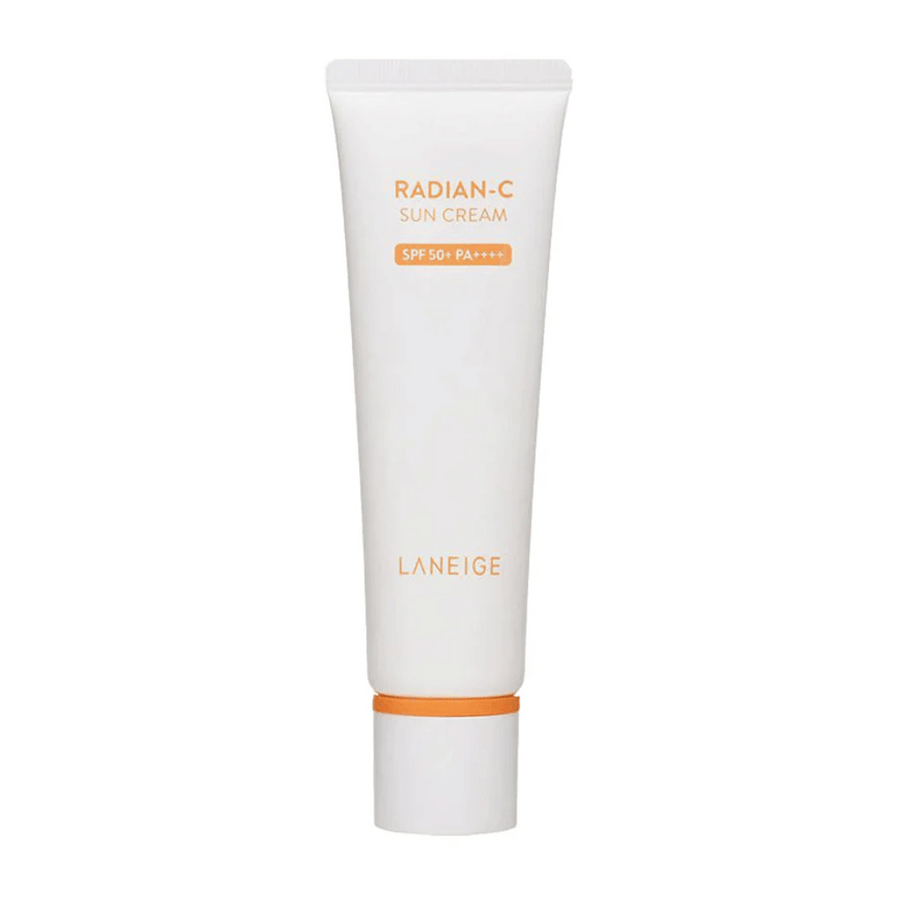
Physical sunscreen from South Korea, also known as mineral-based sunscreen, contains active ingredients such as titanium dioxide and zinc oxide. These ingredients work by reflecting and scattering the sun's harmful UV rays away from the skin, making them an excellent choice for individuals with sensitive skin or for those who want immediate protection without waiting time.
What is physical sunscreen?
Physical sunscreen is a protection that works by reflecting harmful UV rays away from the skin instead of absorbing them like chemical sunscreens do. This is achieved through active ingredients like titanium dioxide and zinc oxide, which act as tiny mirrors on the skin's surface. When UV rays hit these ingredients, they bounce off the skin without causing any harm.
What are the benefits of physical sunscreen?
Natural and safe alternative
There are several benefits to choosing physical sunscreen over chemical products. First of all, it is a more natural option since the ingredients do not need to be broken down or absorbed by the skin. This also makes it a safer choice for people with sensitive skin or those who have allergies to certain chemicals.
Immediate protection against UV radiation
Another significant advantage is that physical sunscreen provides immediate protection against UV radiation. Since the ingredients act as tiny mirrors on the skin, no absorption or reaction with the skin is needed to achieve protection. This makes it a reliable option where you can be sure that the protection is available immediately after application.
Water-resistant and gentle on the skin
Additional benefits of physical sunscreen are that it is water-resistant and does not need to be reapplied as often as chemical products. Furthermore, it is less likely to cause irritation or trigger acne breakouts, which can be common issues with chemical sunscreens.
How does physical sunscreen differ from chemical sunscreen?
The difference between physical and chemical sunscreen primarily lies in how they protect the skin from UV radiation and what ingredients they use. Physical sunscreen uses minerals to reflect the sun's rays, while chemical sunscreen absorbs UV rays through chemical compounds like oxybenzone and avobenzone. Another difference is that physical sunscreen starts working immediately after application, while chemical sunscreens can take up to 20 minutes to become effective.
How to use physical sunscreen correctly?
To get the most out of your physical sunscreen product, it is important to apply it correctly. Start by evenly applying the sunscreen over all skin areas that may be exposed to the sun 15 minutes before going outside. Make sure to use enough product and do not forget to protect areas like the ears, neck, and tops of the feet. Remember to reapply the sunscreen every two to three hours, especially after swimming, sweating, or towel drying.
Who should consider using physical sunscreen?
Physical sunscreen is particularly beneficial for certain groups! Children, individuals with sensitive skin, and those with skin conditions like rosacea or eczema often benefit from mineral-based sunscreens. They are milder and less irritating. Even divers, snorkelers, and other water sports enthusiasts may prefer this sunscreen as it is gentler on marine life.
How does physical sunscreen affect the environment?
Physical sunscreen is considered a more environmentally friendly choice compared to chemical sunscreens. This is because it does not contain chemicals like oxybenzone and octinoxate, which can be harmful to marine ecosystems. including coral reefs. Mineral sunscreen sits on the surface of the skin and is not easily washed away in water, which reduces the risk of these substances ending up in the aquatic environment. This makes physical sunscreen a better option for those who want to minimize their impact on nature and aquatic life.
How to choose the right physical sunscreen?
Choosing the right sunscreen is crucial for effectively protecting the skin against harmful sun rays. When selecting sunscreen products, it is important to ensure that they offer broad-spectrum protection against both UVA and UVB radiation. In addition, it is also good to consider the sunscreen products' SPF value; for daily use, a SPF of at least 30 is usually recommended to protect the skin from sun damage and premature aging.
What should you consider when applying physical sunscreen on children?
When applying physical sunscreen on children, it is important to be extra careful. Children's skin is thinner and more sensitive than adults', so it is important to choose sunscreen specifically formulated for children with gentle formulations. Avoid applying sunscreen near the eyes and mouth to reduce the risk of irritation. It is also important to cover all exposed areas thoroughly and reapply the sunscreen regularly, especially if the child is swimming or sweating a lot.
How often should you apply physical sunscreen during a day outdoors?
To maintain effective protection when outdoors for an extended period, it is important to reapply physical sunscreen at least every two to three hours. This is especially important if you are swimming, sweating, or drying off with a towel, as these activities can reduce the effectiveness of the sunscreen. Even though some products are water-resistant, they can still be washed away to some extent and therefore require frequent reapplication.
Is physical sunscreen suitable for all skin types?
Physical sunscreen is generally well-suited for all skin types, including sensitive, oily, dry, or acne-prone skin. Since these sunscreens do not contain the irritating chemicals found in many chemical sunscreens, they are particularly good for people with sensitive skin or skin conditions. However, it is always a good idea to try a small amount of the product on a smaller area of skin to ensure that there is no reaction before applying it more extensively.
Can you use physical sunscreen year-round?
Yes, it is recommended to use physical sunscreen year-round, not just during the summer months. UV rays from the sun can be harmful even in winter or on cloudy days. Especially during the winter months, the sun can reflect off snow and ice, increasing the risk of sun damage. Therefore, it is important to protect the skin even under these conditions to prevent long-term damage such as premature aging and skin cancer.
How does physical sunscreen affect makeup?
When using physical sunscreen under makeup, it is important to choose a sunscreen product that works well with other skincare products and cosmetics. Physical sunscreen tends to be thicker in consistency, which can affect how well the makeup sits. For best results, choose a lighter formulation of physical sunscreen that is specifically designed to be used under makeup. It is also wise to let the sunscreen absorb completely before applying makeup to avoid it rolling or clumping.
Overall, Korean physical sunscreens not only provide high-level protection against the sun's rays but also offer gentleness and extra skincare benefits, making them a popular category within the beauty care products from South Korea.



